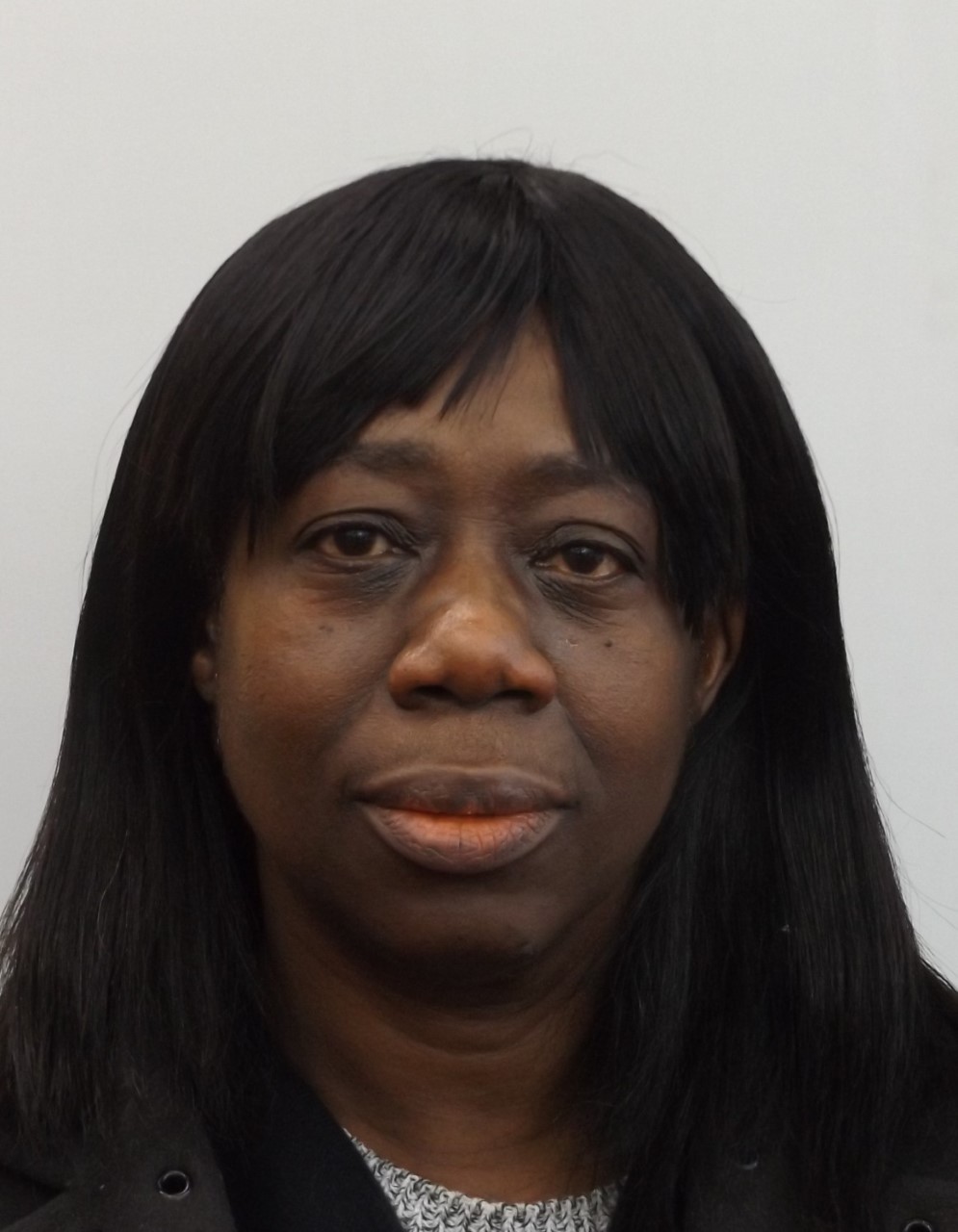Titilola Banjoko asks how healthcare worker migration can be managed to the mutual benefit of the NHS and health systems overseas
 The NHS is the world’s fifth largest employer. It has one of the highest levels of reliance on internationally trained health workers of any OECD country. Seven of the top 15 countries that the NHS recruits from are resource poor countries in Africa and Asia, which face their own healthcare workforce shortages. The world is set to reach a shortfall of 13 million healthcare workers by 2030. This raises ethical questions about the impact that the migration of healthcare workers has on their countries of origin. I should know—I am one of them. I have Nigerian heritage and moved from Nigeria to work in the UK.
The NHS is the world’s fifth largest employer. It has one of the highest levels of reliance on internationally trained health workers of any OECD country. Seven of the top 15 countries that the NHS recruits from are resource poor countries in Africa and Asia, which face their own healthcare workforce shortages. The world is set to reach a shortfall of 13 million healthcare workers by 2030. This raises ethical questions about the impact that the migration of healthcare workers has on their countries of origin. I should know—I am one of them. I have Nigerian heritage and moved from Nigeria to work in the UK.
This is the territory that is explored in a report published this month by the Tropical Health and Education Trust (THET): From Competition to Collaboration: Ethical Leadership in an era of health worker mobility. The report expresses concern that the NHS’s reliance on recruiting staff from resource poor countries undermines its mission to assist those countries’ development through Official Development Assistance (ODA). The report is timely, not least because of the ambitions to increase international recruitment outlined in the Interim NHS People Plan, and because of secretary of state for health Matt Hancock’s recent call for “a new Windrush Generation” for healthcare.
The report acknowledges the right of healthcare workers to migrate to improve their professional development or economic prospects. As Lord Crisp highlights: “I believe this report is right not to call for stopping all such migration—a task that would be impossible to achieve—but rather to focus on exploring how the UK can use its influence to forge closer partnerships between the NHS and health services overseas in ways that strengthen both parties.”
In that regard, a quiet revolution has been taking place over the past decade, with increasing numbers of NHS staff (including those from diaspora communities such as my own from Nigeria) travelling to Africa and Asia to train and support their counterparts overseas. The best known of these initiatives is the DFID Health Partnership Scheme (HPS), which ran from 2011 to 2019 and provided unprecedented levels of funding for the NHS community to engage and train their counterparts across 31 countries. Alongside delivering practical results, the individuals and institutions involved in the HPS have excelled at reflecting and learning—bringing back vital skills to the NHS.
This scheme is part of a wider effort to position the NHS as a global leader in workforce development, sending people overseas, and hosting people at home through programmes such as The Medical Training Initiative (MTI). The Interim NHS People Plan references the MTI as an ethical approach because it requires individuals to return to their countries of origin.
However, the evidence base for how these individuals return to benefit their countries of origin is thin, not least because the scheme has never been formally evaluated. And while returning may be the desired choice for some, we also need to be sensitive to the fact that migrating health workers may wish to build their lives in the UK. And there is absolutely nothing wrong with that. Equally, such migrants may also be more inclined to travel onwards and gain skills at each destination. That too is a store of immense value to any receiving healthcare system
In this regard, Health Education England’s recent development of a set of standards to support the delivery of the MTI is to be welcomed. So too is the work the Royal College of Physicians has undertaken to establish a formal pathway for MTI doctors to ensure such programmes support the doctors’ countries of heritage in addition to the UK.
The reality is, however, that progress in shaping the NHS’s engagement globally is currently haphazard, expressed through a confusing patchwork of initiatives such as the ones highlighted here. Be in no doubt, the rewards for individual staff engaging in this work, and for the NHS, are enormous. But these programmes need to be aware of the ethics of how we reconcile our desire to support the NHS at home and build strong health systems overseas.
Titilola Banjoko is an NHS clinical commissioner and THET trustee.
Competing interests: TB is a THET adviser and trustee and was involved in writing this report.
